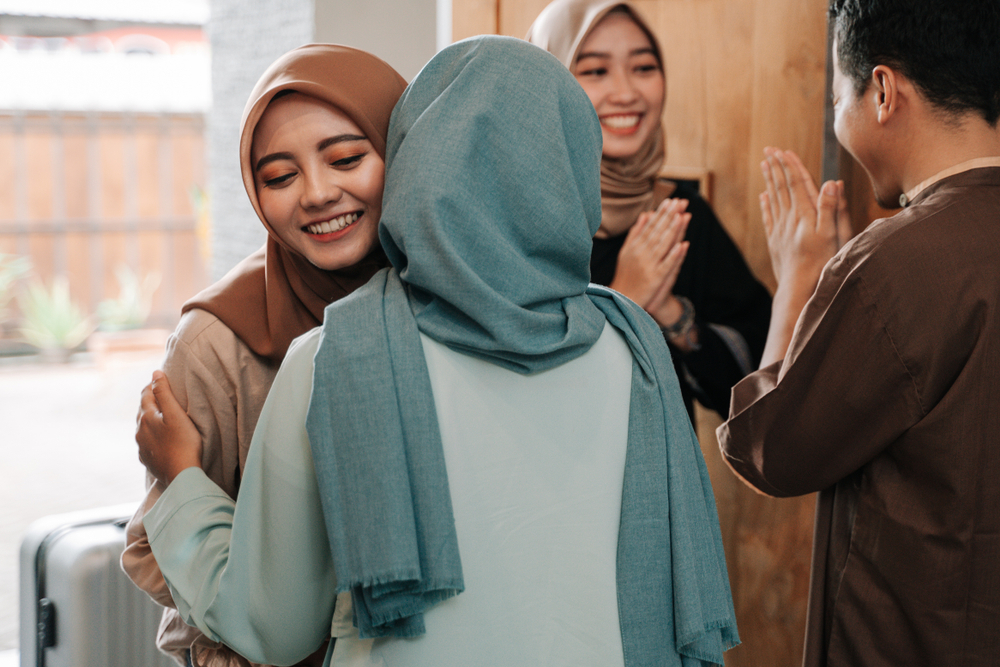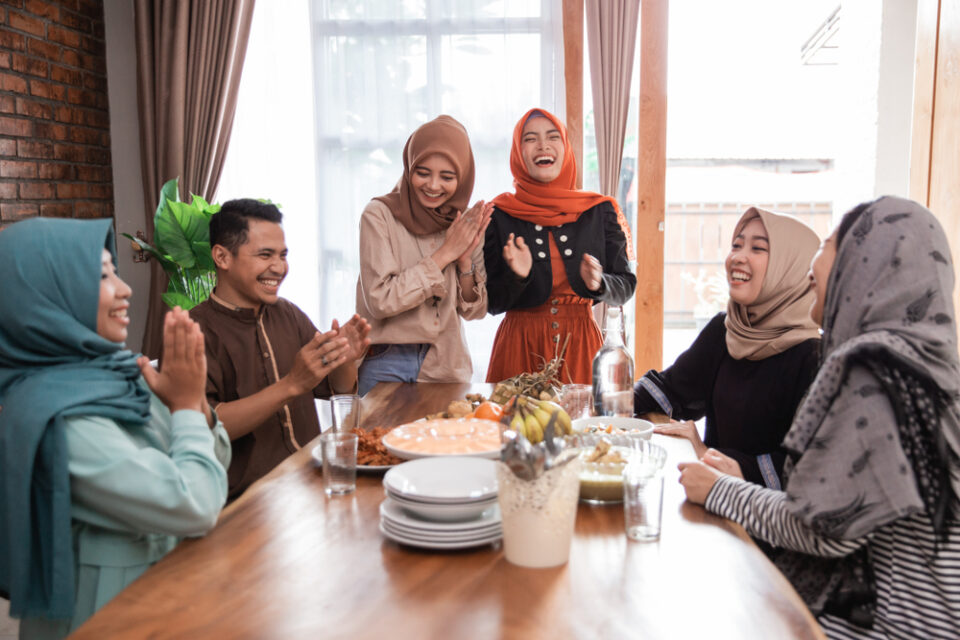Most of us are not aware of the Islamic festivals known as Eid that our fellow Muslim communities partake in. Learning more about these significant festivities can help with creating stronger relationships with surrounding Muslim communities presenting an opportunity to participate in the fun festivities as well.
What is Eid?
Eid in Arabic simply translates to ‘celebration’ or ‘festival’, it is an Islamic festival that Muslims participate in twice a year. Eid is an opportunity for the Muslim community to get together with their friends and family to celebrate, thank God, and eat amazing food which God has bestowed upon them.
Yes, twice a year, this is due to fact that there are two different types of Eid celebrated for different reasons. In the Islamic calendar, Eid ul-Fitr is the first of the two Eid festivals, occurring at the end of the holy month of Ramadan (month of fasting).
The second of the festivals is Eid ul-Adha, this celebration comes at the time of the Islamic annual pilgrimage to Mecca known as Hajj.
Aside from fun festivities, it is also a reminder to Muslims of all that Allah (God) has blessed them with while others, unfortunately, do not have the same luxuries that they are blessed with.
Both Eid’s should be celebrated with the true essence of Islam and all Muslims should uphold their noble traditions during Eid, you can see here to find out more.
What is Eid ul-Fitr?
Eid ul-Fitr marks the end of the holy month of Ramadan, the festivities traditionally last around three days however some Muslims only celebrate one of two days due to their circumstances.
A common misconception is that Muslims must continue fasting on Eid ul-Fitr, but this is completely far from the truth. Muslims are not allowed to fast on Eid ul-Fitr since it is the celebration for the end of fasting, even eating food before attending Eid prayer is highly encouraged. Some Muslims follow the prophetic sunnah (teachings and actions of the prophet) by eating dates as a mark of breaking their fast.
After the Eid Prayer is completed, Muslims must give Zakat-ul-Fitr which is a donation given to provide necessary food to the less fortunate.
Muslims participate in praises towards Allah (SWT) thanking him for help and blessings throughout the holy month and the successful completion of it.
What is Eid ul-Adha?

Eid ul-Adha is a celebration intertwined with the annual Islamic pilgrimage of Hajj. The festivities that are performed during this Eid are a little different from Eid ul-Fitr. As it is related to Hajj its purpose is to celebrate, remember and venerate the devotion and submission shown by the Prophet Ibrahim (AS) towards God.
To commemorate this great man and his actions Muslims participate in the action of Qurbani just like the prophet Ibrahim (AS) did in place of his son Ismail (AS).
Qurbani is the sacrifice of an animal in the name of Allah (SWT), this is conducted immediately after Muslims complete their Eid Salah (prayer). The traditional distribution of Qurbani is as follows, one-third of the meat must be given to the poor and needy, one given their own family, and the last third is given to their neighbours.
However, many Muslims do not personally perform the Qurbani sacrifice and often send meat to the poor and needy as a form of charity enabling these individuals to also participate and celebrate Eid ul-Adha.
What are the similarities between both Eid’s?
- Both Eid’s are centred around the worship and praises of Allah (SWT).
- A time for reflection and gratitude.
- Both linked to the importance of charity.
- Both encourage the spreading of love.
- Both bring the Islamic community together.
- Both are a symbol of privilege.
- Both encourage cleanliness and purification (Ghusl).
- Both are celebrated with Eid prayers.
- Both are enjoyed with delicious food.
- Takbeers (praises of God) are recited on both Eid but especially on Eid ul-Adha.
- Visitation of family and friends are extremely encouraged.
- Recitation of the Quran is encouraged for both.
- Charity and gifts are recommended to mark the beautiful occasion.
Eid may be a practice for Muslims however it is very welcoming to the wider community, the joyous rejoicing of these celebrations is encouraged to be spread amongst everyone.

